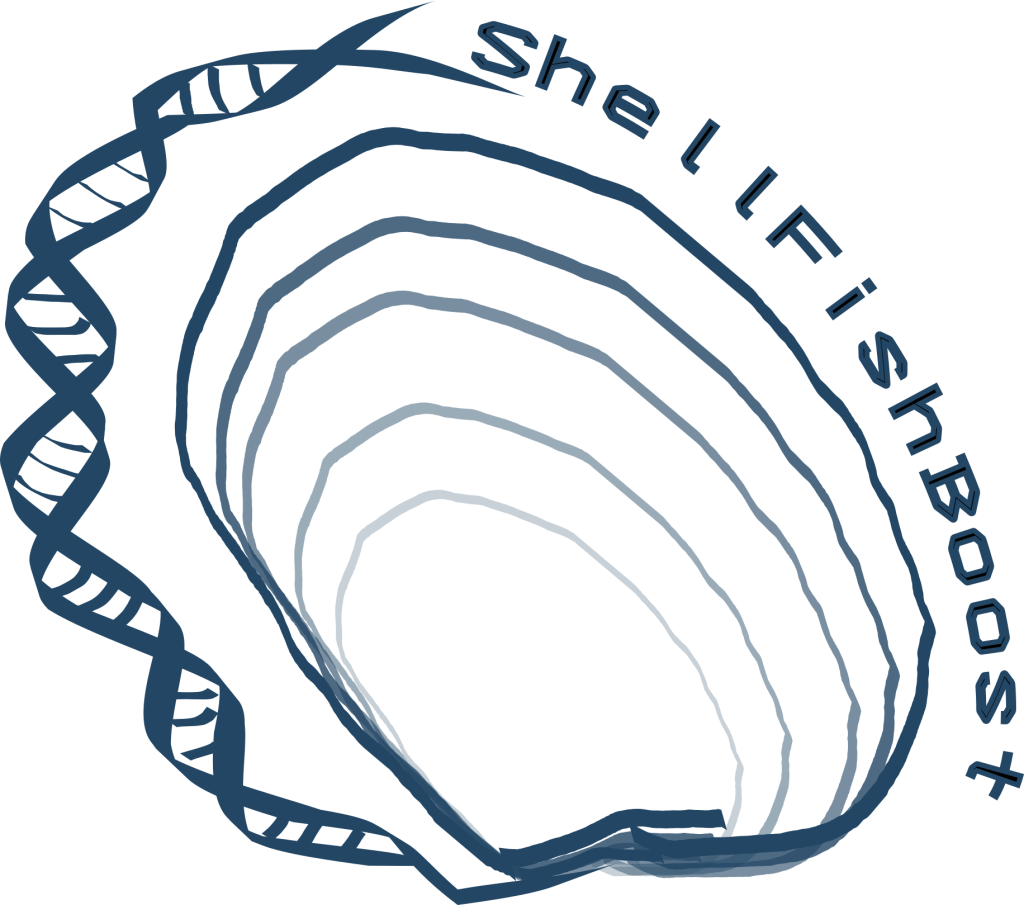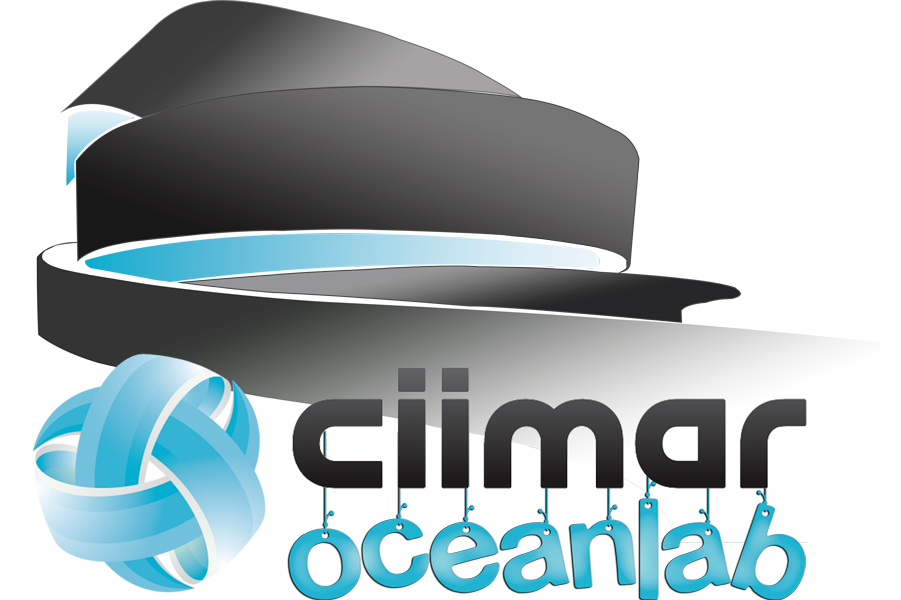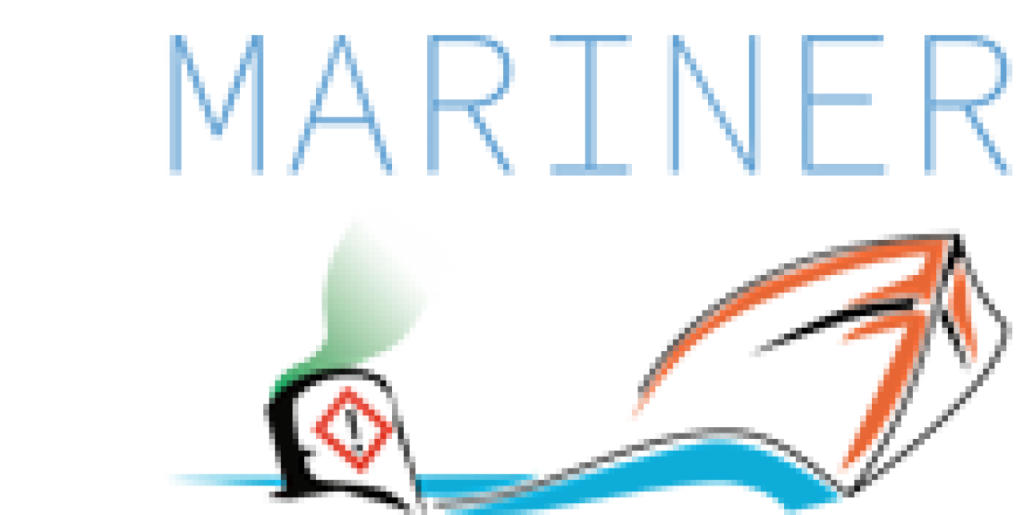
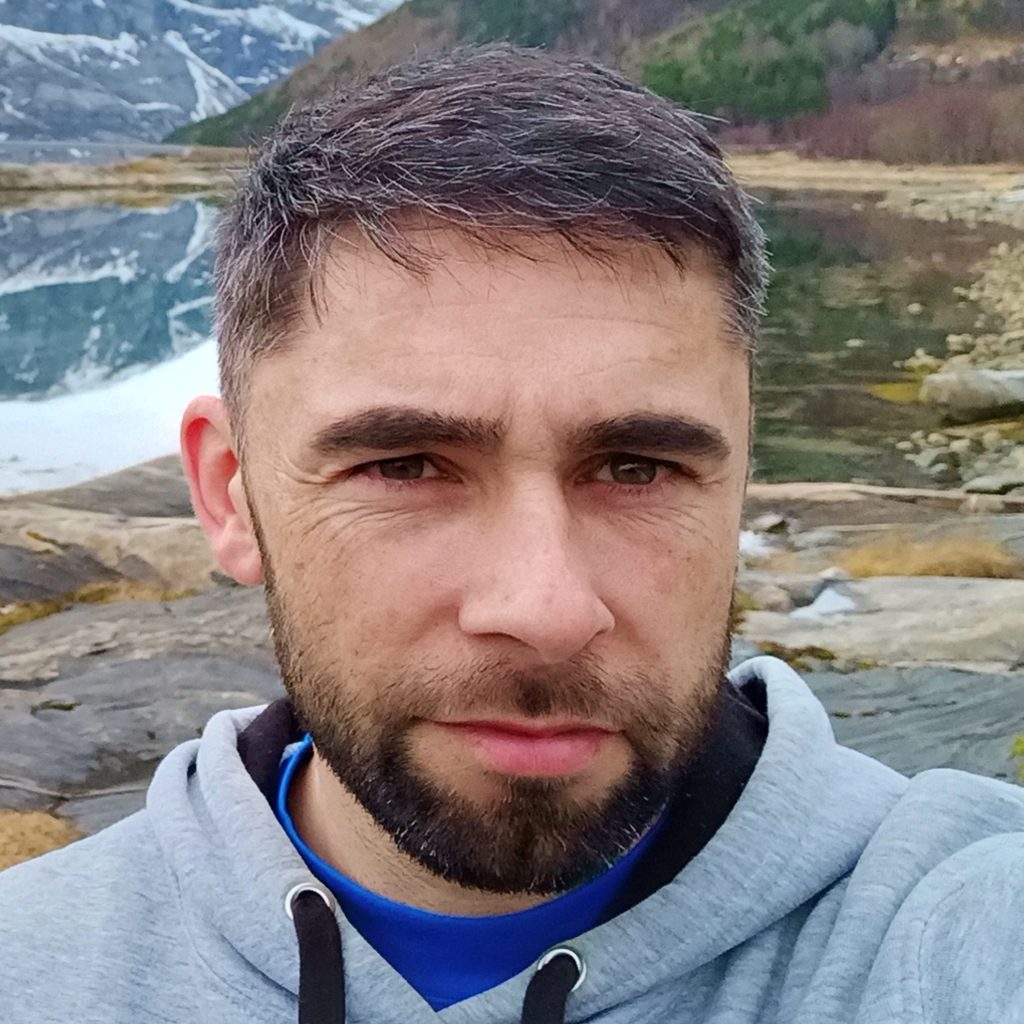
Researcher
Sergio Fernández Boo graduated in Marine Biology by the University of Santiago de Compostela. During my PhD I have been working in the interaction between the clam Ruditapes spp. and the parasite Perkinsus olseni. After that, I joined the EU Reference Lab for Bivalve Diseases (LRUE/IFREMER) in France. Since 2016, I am working at Aquatic Animal Health group, first as a researcher in the project INSEAFOOD within a postdoc grant and currently I have an Auxiliary research contract from FCT. The main areas of my work are the interaction host/parasites and the search for biomarkers of disease resistance in invertebrates using genomics and proteomics as the main source for biomarker characterization.

